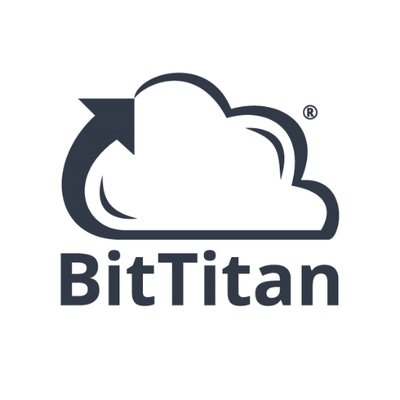At Mobile World Congress 2024 in Barcelona, members of the mobile and telecommunications industries have gathered from Feb. 26-29. The main trends at MWC include AI, 5G, and always-on connectivity. We are compiling the latest enterprise business tech news from MWC that is most relevant for IT and tech decision-makers. This article will be continuously updated with more tech news highlights from the event.
One of the highlights at MWC was the U.K.-based phone startup Nothing unveiling its Phone (2a), an Android-based model with unique curved designs and recycled materials. Scheduled for release on March 5, the Phone (2a) features light-up strips on the back for notifications.
Lenovo showcased its ThinkBook Transparent Display Laptop Concept at MWC, featuring a seamless screen, keyboard, and a “floating” base design. Although just a concept, it demonstrates potential uses for the Micro-LED transparent display in blending virtual and real worlds.
Xiaomi introduced its Xiaomi 14 Series, powered by Qualcomm Snapdragon 8 Gen 3 Mobile Platform and Xiaomi HyperOS. The Xiaomi 14 Ultra, part of the series, was launched in Europe on February 25, expanding the company’s international sales efforts.
OnePlus revealed its OnePlus 11 Concept flagship phone with a novel cooling system called Active Cryoflux at MWC. The company’s latest phone, the OnePlus 11 5G, is available in China and internationally, featuring the Snapdragon 8 Gen 2 Mobile Platform and Snapdragon Spaces XR developer program.
Deutsche Telekom announced “Magenta Security on Net,” offering network-level security monitoring for business customers starting in 2025. This service will provide Secure Access Service Edge and tailored security levels for customers’ specific needs.
GSMA reported that 261 operators in 101 countries have launched commercial 5G services, with the enterprise segment having 10.7 billion IoT connections. GSMA is looking at opportunities for enterprise IoT, generative AI, API pipeline, and 5G RedCap connectivity standard.
Telefónica and TikTok partnered to use Open Gateway, a standardized API initiative, to streamline registration and password recovery on TikTok using a phone number. This collaboration could set a trend for other companies seeking API access to wireless networks.
The Humane AI team showcased the Ai Pin wearable at MWC, offering voice command interactions through generative AI. Priced at $699 plus subscription, the Ai Pin targets consumers but could benefit remote workers with its productivity features.
Intel announced its Edge Platform for building and managing edge and AI solutions, a preview of its next Xeon processor for 5G core, and the upcoming Granite Rapids-D Xeon processor. Intel aims to have its chips in 100 million AI-enabled PCs by next year.
Qualcomm unveiled the FastConnect 7900 Mobile Connectivity system, integrating Wi-Fi 7, Bluetooth, and Ultra Wideband technologies in one chip. This system opens up opportunities for proximity-based functionality and multi-device experiences in business settings.
Lenovo and Motorola introduced Smart Connect, syncing peripheral controls, notifications, file sharing, and cameras between Lenovo PCs and some Lenovo tablets and Motorola devices. Smart Connect will be available for download through Microsoft and Google Play stores soon.
rSIM, a brand focusing on device-agnostic connectivity for support during outages, was a notable highlight at MWC 2024. rSIM could be a valuable option for IoT-heavy workplaces to ensure continuous connectivity during downtime.
Dell and Nokia announced a partnership where Dell will lead the transition of customers from Nokia AirFrame servers to Dell PowerEdge servers. Nokia will be Dell’s preferred private wireless partner for enterprise edge use cases, making integration with Dell’s edge operations software platform easier.
Source link






















